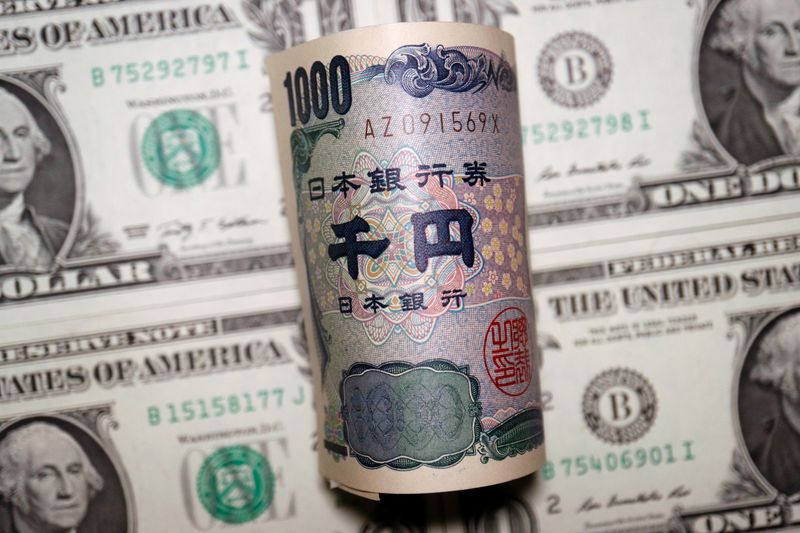Investing.com – Bank of Japan Governor Kazuo Ueda will speak before parliament on Friday and faces a delicate task of briefing policymakers on likely future monetary policy given the current market volatility.
Japanese stock markets have been steadily rising recently, with the index rising to a record high, while the yen fell to its lowest Y141 level against the US dollar earlier in August, down from Y160 earlier this year, as the carry trading in the yen had largely been unwound.
Japanese yields are also recovering, but will likely lag the recovery in stock prices and the pair, Nomura analysts said in an Aug. 20 note.
Easing concerns about a recession in the US economy have contributed to a recovery in stock prices and a decline in the yen exchange rate.
“We believe the BOJ wants to avoid both a revival of persistent yen weakness and destabilization of the stock market,” Nomura said. “From this perspective, BOJ Governor Ueda’s testimony, scheduled for this Friday, will likely be milder than his press conference after the July monetary policy meeting, but more aggressive than Vice Governor Uchida’s comments on August 7.”
If Governor Ueda’s view that he does not consider 0.5% as the upper limit for the policy rate remains unchanged, then the current pricing of the final rate in the yen interest rate market is likely too low, the bank added.
However, there appears to be a lack of immediate catalysts for a rise in terminal rate expectations, and the recovery in 5-year Japanese government bond yields may lag compared to the recovery in equity prices and the USD /JPY.
Although the BOJ’s aggressive course change at its July monetary policy meeting came at the cost of increased instability in the Japanese stock market, it achieved its main goal: curbing the yen’s depreciation.
At a press conference on August 7, BOJ Deputy Governor Shinichi Uchida made soothing comments aimed at calming the stock market.
However, if the BOJ focuses excessively on stock prices and the JPY resumes its decline, the BOJ could return to zero.
“We think the BOJ is in a very difficult position where its communications need to be just aggressive enough to avoid a resurgence of stock market instability while avoiding a return to JPY depreciation,” it added. Nomura added.


